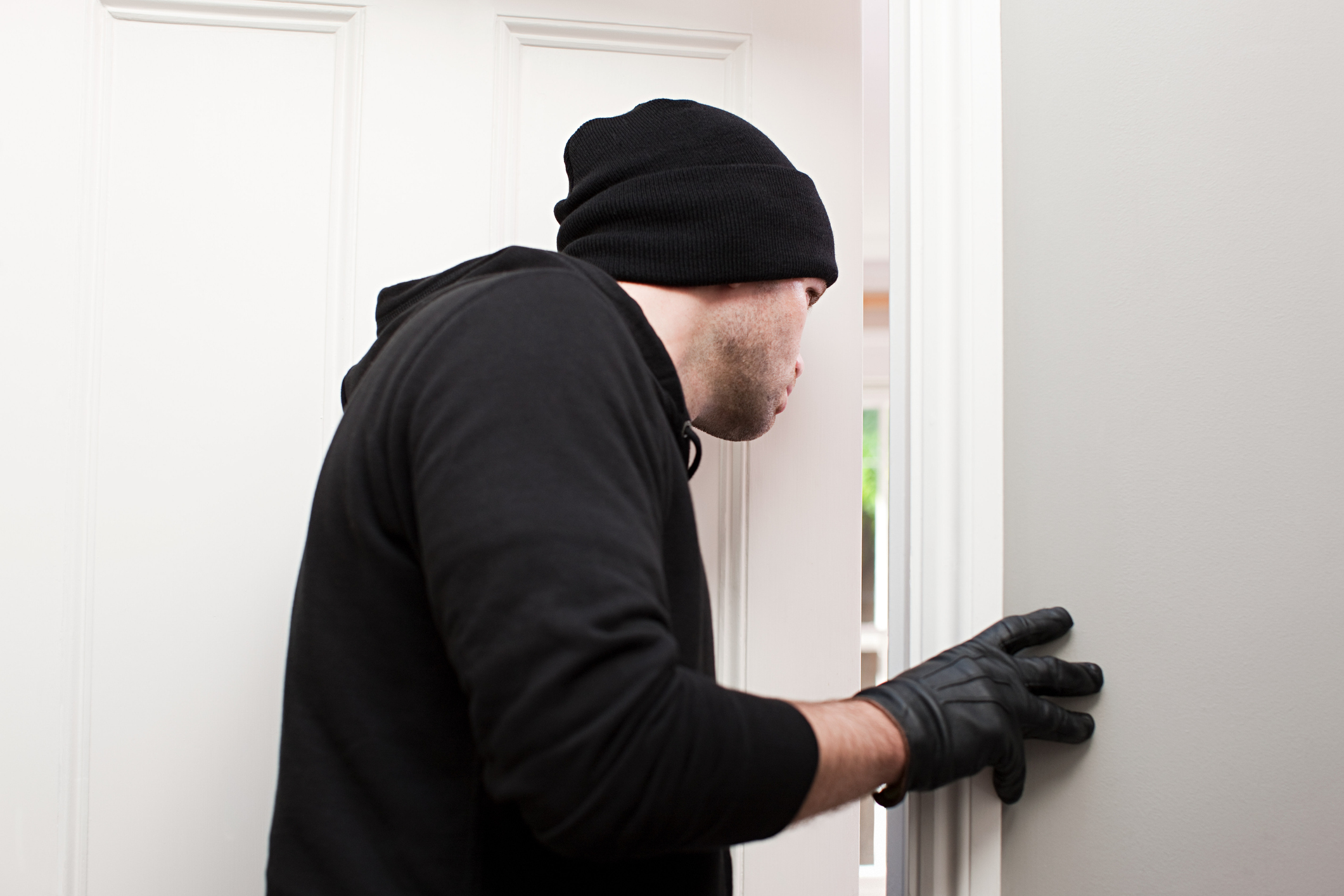Potential Defense Strategies for a Burglary Charge
Burglary is an often misunderstood charge in Florida, with many people assuming it always involves theft. However, you can be arrested and charged with burglary of a dwelling even if nothing was taken from the premises. The two main criteria for being arrested and charged with burglary are whether you entered or remained in the home without authorization and whether you intended to commit a crime inside.
Depending on the circumstances, a burglary charge can range from a third-degree felony to a first-degree felony in Florida. All of these charges are punishable with steep fines and potential prison time. Understanding the defense strategies that apply to your case helps you be more prepared to work with your defense team and protect your rights and future.
Lack of Intent to Commit a Crime
Florida’s burglary statute requires that you intended to commit a crime inside the dwelling. If you entered the building for another purpose, such as looking for a friend or seeking shelter, the action may not meet the legal definition of burglary. However, you could still be charged with another crime if you unlawfully entered or remained on the property.
Remember that prosecutors must prove their case beyond a reasonable doubt in the criminal court system, including demonstrating that the defendant intended to commit a crime in the dwelling. A person’s presence at the property isn’t enough to establish this intent, and an experienced attorney can help you undermine the prosecution’s argument.
Being Invited to Enter
Because a burglary charge requires the defendant to have either unlawfully entered or remained on the property, showing that you were invited into the home is a valid defense strategy. If you were a guest in the house or have a text message that says you can come into the property, this can be used for your defense. If the owner revoked their permission, you must have been clearly informed that remaining on the property was unlawful.
Suppose you were given permission to go into a family member’s home at any time, for example. That family member can’t just decide that you are no longer allowed in the house without telling you and then have you arrested for burglary when you arrive. If you believed that you were legally allowed to be on the property or had the owner’s permission, an attorney can help you determine how that could help your case.
Violation of Constitutional Rights
In some cases, it can be more beneficial to your defense to show that law enforcement violated your rights in some way in their investigation instead of arguing your innocence. If the evidence against you is strong, your attorney may look at your case closely to determine if there was an issue with police procedure that could be used for your benefit.
Rights violations often center around the unlawful search and seizure of evidence. However, other situations can be used as well, such as if you were questioned without being informed of your rights. If investigators obtained evidence without a proper warrant or you made a statement to police without knowing your rights, these key pieces of the prosecution’s case may be inadmissible, which may result in your case being dismissed.
Insufficient Evidence
Burglary cases can be challenging to prove because the prosecution needs to establish the intent to commit a crime and not necessarily that a crime actually occurred. A lack of physical evidence, such as surveillance footage, can weaken the case and make it harder to link the defendant directly to the crime. If the prosecution’s case relies heavily on circumstantial evidence or inconsistent or unreliable witness testimony, an experienced defense attorney can use this to create reasonable doubt and potentially avoid a conviction.
Mistaken Identity
While we like to think that the criminal justice system works the way it should and only charges or convicts those who actually committed a crime, this isn’t always the case. It’s very possible for someone who is innocent to be charged with burglary. Poor lighting, brief encounters, and stress can all impact a witness’s memory, and misidentification of defendants is a common issue in criminal cases. An attorney can help you establish your innocence by providing evidence of an alibi and challenging the evidence that led to your identification as a suspect.
Negotiating a Plea Deal
Because burglary is such a serious charge, one strategy for felony defense is to attempt to negotiate a plea deal with the prosecution as a way to avoid the harshest penalties. This still results in a criminal conviction on your record, but it may be possible to negotiate the charge down to a misdemeanor, which has fewer repercussions in other areas of your life.
If the evidence against you is strong, an attorney may recommend a plea deal that results in a lesser sentence than what you may get if convicted at trial. Mitigating factors like cooperating with investigators and not having any prior criminal charges can be persuasive. Negotiating a plea deal is also often favored by prosecutors because it secures them a “win” at trial without having to expend the resources.
When you’re facing serious charges like burglary, having an experienced criminal defense attorney on your side can sometimes be the difference between serving prison time and successfully fighting the charges and avoiding a conviction. At Panella Law Firm, we’re here to help those in Orlando and the surrounding areas accused of these crimes. Call our office at 407-602-6559 to schedule a consultation with an attorney.



